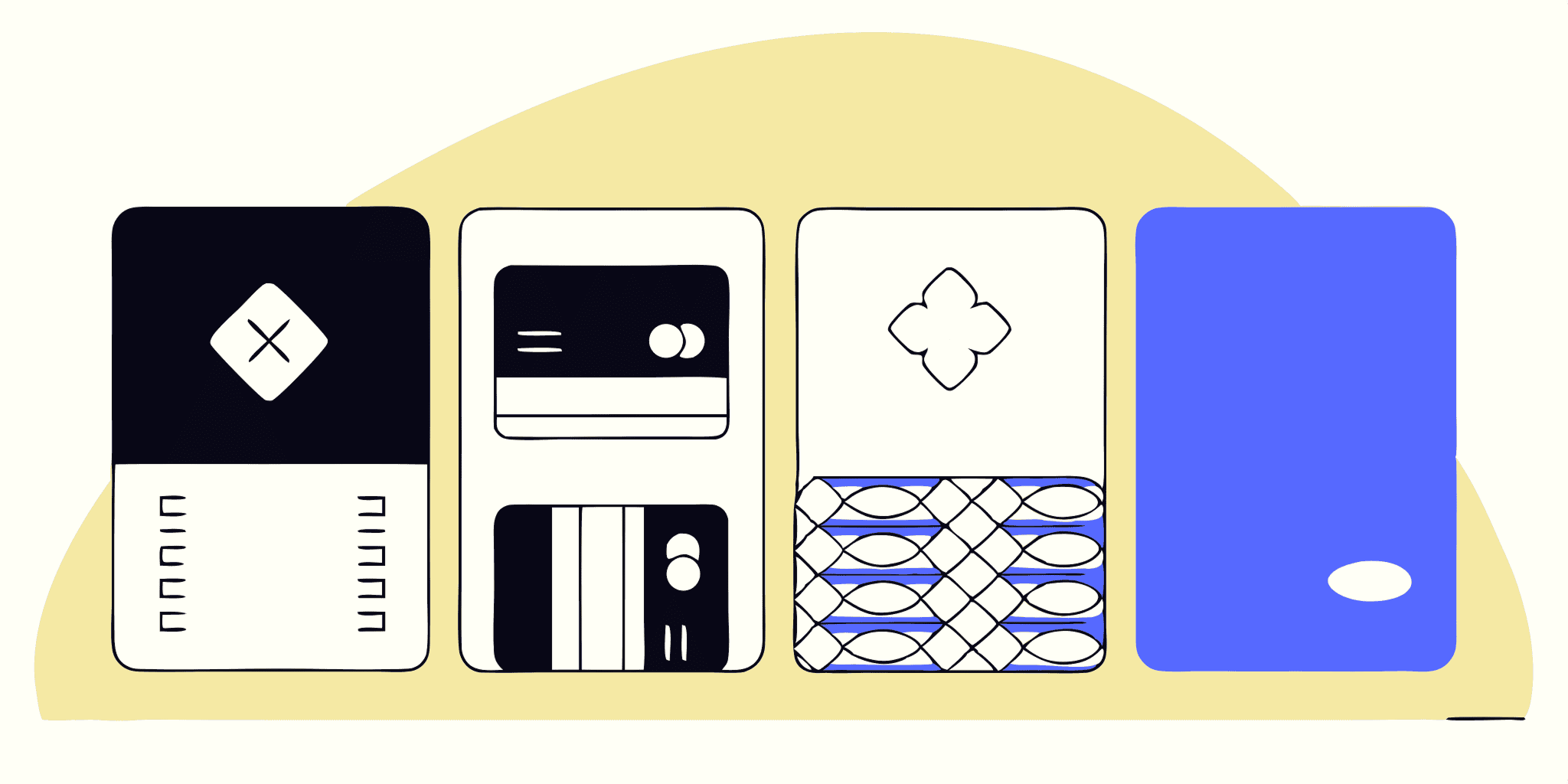Contents.
Create a realistic budget
A budget is the foundation of financial health. Sit down and write down all your income and expenses for the month. Break down your expenses into categories: housing, food, transport, entertainment, etc. You can do this in a notebook, Excel, or use a mobile app. By the way, in the GlobusPlus app, transactions are automatically sorted into categories, so you can easily see where your money is going each month.
The main thing is to be honest with yourself and don't forget the little things (coffee to-go, snacks, taxis). Once you have the full picture, set limits for each category. For example, no more than £20 per month for entertainment. Keep track of your budget. A realistic budget means that you have taken your habits into account. You don't have to cut everything to zero — leave a little money for treats, just control the amount. A budget is not about restrictions, but about balance and control.
Set aside a fixed amount each month (“pay yourself first”)
One of the most important rules of saving is to pay yourself first. As soon as you receive your salary or income, immediately set aside a portion for savings. For example, 10% of your income. If you earned £15,000, put £1,500 into a separate account. Plan to spend the remaining £13,500.
Why does this work? Because if you try to save ‘what's left at the end of the month,’ there's usually nothing left. It's better to set aside money for the future first and then live on what's left. For convenience, open a savings account or deposit account.
Start with a small amount. If 10% is difficult, let it be 5%. The main thing is regularity. Over time, you can increase the percentage. You will be surprised how quickly a significant amount will accumulate.
Take advantage of cashback and discounts
The principle of ‘save by earning on expenses’. When spending money, look for opportunities to get some of it back or save:
- Utilise loyalty programmes and cashback. Today, many banks offer cashback on purchases. For example, GlobusPlus offers up to 20% cashback in selected categories every month. If you choose the right categories (e.g., supermarkets, petrol stations, pharmacies — places where you spend money anyway), you can get a significant portion of your expenses back. For every £5000 spent in a month, you can get up to £600 in cashback — that's basically extra savings!
- Plan your purchases and take advantage of discounts. Before making large purchases (electronics, clothing), monitor sales, Black Friday, and seasonal discounts. Sometimes it is worth waiting a couple of weeks to buy something 30% cheaper.
- Coupons and promo codes. Don't ignore promo codes – a quick search online before paying may reveal a code for a discount or free delivery. The GlobusPlus app has a ‘Offers’ section where you can find promo codes for discounts from our partners.
Important: saving money does not mean buying the cheapest items or things you do not need. Use discounts for planned purchases, not as an excuse to buy unnecessary items. Cashback is a nice bonus, but do not spend more just to get cashback.
Set financial goals
It is difficult to save for the sake of saving. You need a goal that motivates you. Set a specific financial goal: save £100,000 for a down payment on an apartment, £20,000 for a holiday, £50,000 for a ‘safety cushion’, etc. When you have a goal and a figure, it is easier to give up unnecessary spending because you know why you are saving.
Break down a large goal into smaller ones. For example, to save 20,000 UAH for a holiday in a year, you need to set aside ~1,660 UAH every month. This brings us back to tip #2 – automatically set aside a certain amount. Watching your savings account grow and get closer to your goal is very satisfying and inspires you to keep going.
For convenience, open a separate account or piggy bank for each goal. Some banks allow you to have several safe deposit boxes. This encourages discipline and prevents you from mixing money for different needs.
Analyse your expenses and look for ways to save money
Regularly (say, once a month) review your expenses and ask yourself, ‘Can I spend less on this?’ Here are a few ideas:
- Review your subscriptions. You may be paying for services or club memberships that you hardly ever use. Cancel anything unnecessary.
- Reduce your utility and communication bills. Turn off the lights when not needed, choose energy-saving light bulbs – your electricity bill may decrease. Compare the tariffs of mobile operators and Internet providers – you may find a cheaper plan with similar features.
Instead of buying, bring it with you. A simple habit – taking water in a bottle and coffee in a thermos cup from home – can save you several hundred hryvnias a month. A homemade lunch at work is also significantly cheaper than a café.
Big purchases – think it through. Make it a rule: if the purchase is not urgent, think about it for 7 days. Impulsive purchases often turn out to be unnecessary. After a week, the desire may disappear – and your money will be intact.
Once you get into the habit of analysing your expenses, you will begin to see where money is being wasted. You will then be able to plug these leaks by directing funds into savings.
Bonus tip: Make your savings invisible. If money is ‘at hand’ on your card, there is a temptation to spend it. Transfer your savings to a separate account or even to another institution. Psychologically, you don't want to spend what you don't see every day.
Conclusion
Saving effectively means spending wisely. By having a budget, setting up automatic savings, taking advantage of bonuses, and analysing your finances, you will gradually achieve your financial goals. Start small: try at least one or two of these tips this month. You will be pleasantly surprised by the results!




